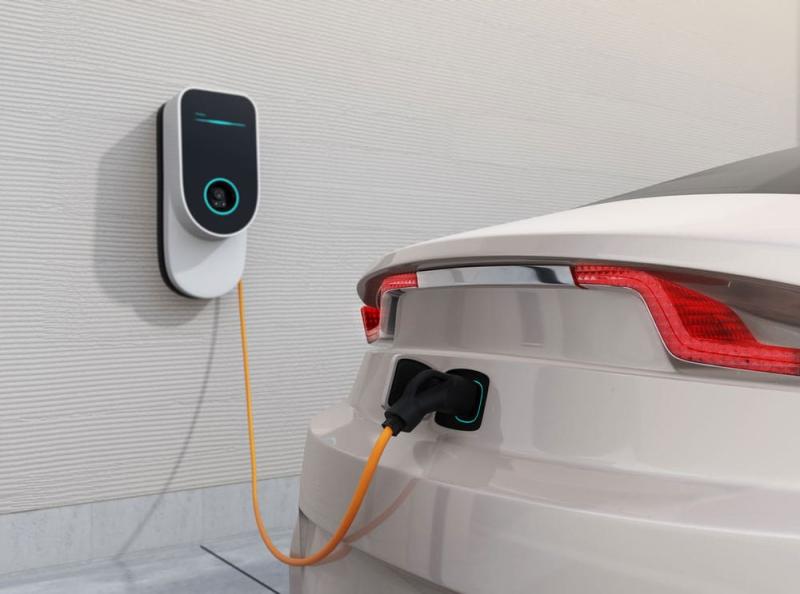It was inevitable. After signing a deal with OpenAI in 2024, Tinder is now featuring AI characters complete with generated personalities. It’s not to replace a potential date, but act as the punching bag for your pick-up lines and desperate pleas for a real relationship. Only using it quickly reminded me of how dating apps have limited our ability to make connections organically, and instead left us relying on an algorithm to serve us humans like Instagram Reels.
On April 1, Tinder launched “The Game Game,” an AI-fueled meet-cute simulator that’s supposed to help you practice your rizz before you actually enter the dating world. Unlike an app like Character.ai, which lets users create custom chatbot to talk to, The Game Game emulates a “meet cute” scenario with random AI-generated, conventionally attractive people. Even though it launched on April Fools, the game is real. You can access it by clicking on the Tinder icon in the top left corner of the app.
Tinder invited me to test it out early before launch. The game is built around OpenAI’s voice to voice model. Unlike the company’s Whisper API, this model features very little time between you talking to the AI and receiving a response. Users are supposed to use their natural charms to entice these AI-generated characters into a date. The app rewards players for “curiosity, warmth, listening, and asking questions.” More than anything, Tinder told us to “do what feels natural.”
There’s nothing natural about talking to a generated character—but is it truly any less awkward than entering into chat with an actual human? Is the AI any less real than the hunky male lead in every Hallmark movie? In an example for The Game Game, Tinder showed us several execs huddled around a phone trying to entice Chloe, 24 of Tennessee, into a date. Chloe came out speaking in the most Kentucky-fried accent I’ve heard from an AI. It was like listening to Foghorn Leghorn from Looney Toons as voiced by Tina Fey’s Liz Lemon from 30 Rock.
My own attempts at scoring an AI hookup didn’t fare much better. I can’t help but try to pull the AI’s leg, though the chatbot is designed to quickly exit any situation that enters uncomfortable territory. When Harper, 32, apologized for spilling wine on my outfit, I replied, “Sorry, I’m just a little flustered. That wasn’t wine you spilled, that was battery acid.” The AI apologized, told me to go see a doctor, and then ended the chat. I also didn’t get far in an escape room scenario with Mia, 32, after I joked with the AI that it should help me break a window as our quickest form of escape.
The characters are parodies of humans. In another scenario, an AI-generated woman with cartoonishly-shallow cheeks and I try to get into the same cab in New York. The AI affected a not-too-subtle Brooklyn accent and apologized too gracefully for a standard New Yorker. I told her I should just get an Uber, but she was insistent. I told her I’m off to report on some AI in a dating app, and she acted like it was one of the most interesting things she’s ever heard. The meet cute was going well, apparently. Tinder gave me nearly full marks for my awkward attempts at conversation.
Tinder stressed users shouldn’t take this seriously. But its partner, OpenAI, is keen to focus on this an opportunity to showcase its voice to voice model, which the company dubbed Realtime API. This uses GPT-4o models to make characters go back and forth at speeds that edge close to human speech. Still, Tinder seems like the worst app for this kind of AI simulation. The flame app is all about volume of conversations. Just ask the guy who found his wife by using ChatGPT to talk to 5,000 women. Dating apps stress a machine-like process to finding dates.
Tinder is owned by the major dating app conglomerate Match Group and that company also owns Hinge, OKCupid, Plenty of Fish, and more. Colloquially, these get lumped into the term “the apps.” People suffering through the online dating scene boil it down to “I’m on the apps.” I have friends who met their spouses on the apps, but I know just as many people who have done 50 first dates and very few follow-ups, no matter how much they try to analyze these dating profiles for common hobbies and interests.
The emphasis on spontaneity makes The Game Game feel out of place compared to how people normally use “the apps.” Pew Research data from 2023 shows how we’re more dependent on them for actually finding a long-term relationship. According to that data, more than a third of us are paying for the privilege. Apps like Hinge are designed to sap money from users by hiding “Standouts,” AKA people the app thinks you’ll like best, behind a paywall. Then, you’re incentivized to start conversations based on prompts in fellow users’ dating profile. It’s a process as optimized to arrest attention as scrolling on TikTok. There’s no chance for any kind of real “meet cute” situation while on “the apps.”
“It was inevitable,” is the opening line of Gabriel Garcia Márquez’ seminal novel Love in the Time of Cholera. I’ve been re-reading recently, perhaps in a lovesick fashion driven by my interaction with the apps and my impressions of finding love amid a crumbling society. It’s a book about longing, about desire, and how “love” as we define it does not border on the absurd, but is the very definition of absurdity. Love is a different kind of absurdity than OpenAI’s and Tinder’s latest gimmick. All it speaks to is how more folks may be better off not being on “the apps” if they actually want to meet people—especially not some AI caricature.


